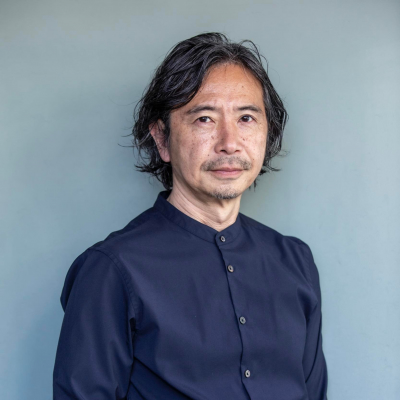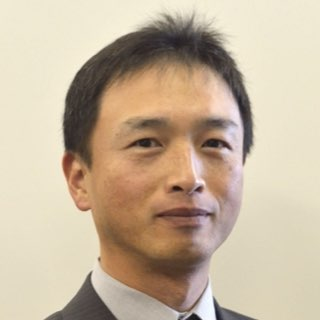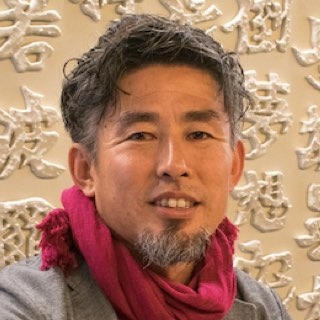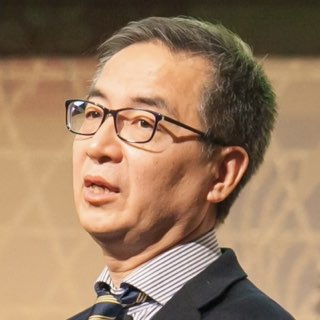
Kenichi Watanabe
Director, Cool Japan Public-Private Partnership Platform
Value Designer, XPJP Inc.
Today, more than 90% of the world’s populated areas are always connected to the internet. People interact digitally through social media and other online means, and capitalized on their reputations through shares, likes, and comments. This reputation permeates society as capital, and can be called evaluation capitalism . Until now, people have engaged in economic, lifestyle, cultural, and social activities using monetary capital, labor capital, social capital, industrial capital, and other capital as yardsticks. In today’s society, however, visualizing and analyzing this so-called evaluation capitalism, for example, what people around the world value, what they are interested in, and how their values have changed, is effective for recognizing the current state of society and predicting the future. The COVID-19 pandemic in particular has drastically shifted in people’s values and driven the creation of new frameworks for social systems, economic conditions, and national policies. Moving forward, my aim is to strengthen the three scientific viewpoints and use them to create a framework for the next generation of Cool Japan strategies. In Japanese, these three viewpoints are known as tori no me (bird’s-eye view: overarching analysis of the ecosystem), mushi no me (insect’s-eye view: observational analysis of mechanisms), and sakana no me (fish’s-eye view: comparative analysis of flows and trends).
The Intellectual Property Strategy Headquarters at the Cabinet Office and the Cool Japan Public-Private Partnership Platform (CJPF) have released an infographic summarizing the key findings of their joint global social listening survey. While analysis of the results yielded a variety of findings, simply put, the survey indicated that the SC era is progressing, for example, sustainability, social, circular economy, and community. As the major shift in values which can be called the first year of green Cool Japan activities is needed, CJPF is reviewing its whole strategy with food and food culture as a starting point. Specifically, we have outlined three steps: discovery, empathy, and co-creation. Using both tangible and intangible resources of Cool Japan, we hope to create a companionate framework in which people from around the world and in Japan can transcend barriers and work together to create the next generation.
We believe that reorganizing Japan’s cultural value from a global perspective and a future-oriented approach, and upcycling society and the economy on a regional scale are the new Cool Japan strategy of the future. As the first step, we have launched our on-demand media platform cjpf.jp to analyze so-called Japanized effects from around the world, examine model patterns of advanced cases, and promote content creation. We hope this can help you to find various answers.







